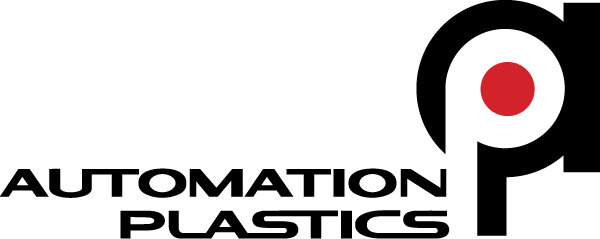The Secrets Behind Efficient High-Volume Production in Custom Molding
Exploring the World of Custom Molding
Custom molding is a fascinating world where creativity meets functionality. It involves the production of unique, tailor-made parts that serve specific purposes. From automotive components to medical devices, custom molding plays a crucial role in various industries.
One of the key aspects of custom molding is the attention to detail. Every design element is meticulously planned and executed to meet the exact requirements of the client. This level of customization ensures that each product is perfectly suited for its intended use.
In custom molding, materials play a vital role. The choice of materials can impact the durability, performance, and aesthetics of the final product. Manufacturers have to carefully select the right materials to achieve the desired outcome.
The Importance of Efficiency in Production
Efficiency is the backbone of any successful manufacturing process. In the realm of custom molding, efficiency is crucial for meeting high demand while maintaining quality standards. Streamlining production processes can lead to cost savings and faster turnaround times.
Ensuring efficiency in production requires a strategic approach. From optimizing workflow layouts to minimizing material waste, every aspect of the manufacturing process must be analyzed and improved. By reducing bottlenecks and enhancing productivity, manufacturers can achieve greater efficiency.
Moreover, efficiency in production directly impacts the overall competitiveness of a custom molding company. Companies that can deliver high-quality products at a rapid pace are more likely to secure long-term partnerships and expand their market reach.
By incorporating lean principles and leveraging advanced technologies, manufacturers can elevate their production efficiency and stay ahead in the dynamic custom molding industry.
Optimizing Processes for High-Volume Output
Optimizing processes for high-volume output is a multifaceted endeavor that requires careful planning and execution. It involves analyzing current production workflows, identifying inefficiencies, and implementing strategic improvements to boost output capacity.
One effective strategy for increasing high-volume output is the adoption of automated systems. These systems can significantly enhance production speed and consistency, allowing manufacturers to meet the demands of large-scale orders with precision and efficiency.
Furthermore, implementing a robust quality control system is essential when striving for high-volume production. Ensuring that each molded part meets strict quality standards is paramount to building a strong reputation in the industry and fostering customer trust.
Utilizing Technology for Streamlined Production
Technology plays a pivotal role in streamlining production processes in the custom molding industry. Advanced software solutions enable manufacturers to simulate designs, optimize tooling, and automate repetitive tasks, leading to increased productivity and accuracy.
The use of cutting-edge machinery, such as 3D printers and CNC machines, has revolutionized the custom molding landscape. These technologies allow for rapid prototyping, precise manufacturing, and efficient production of complex geometries that were previously challenging to achieve.
By harnessing the power of technology, custom molding companies can not only improve their operational efficiency but also drive innovation and stay ahead of market trends. Embracing digital tools and automation is key to remaining competitive in an ever-evolving industry.
Balancing Speed and Quality in Custom Molding
Achieving a harmonious balance between speed and quality is a delicate dance in the custom molding process. While meeting tight deadlines is essential, it should never come at the expense of product quality. Striking the right balance ensures customer satisfaction and long-term success.
To optimize speed without compromising quality, manufacturers must implement efficient quality assurance procedures and invest in skilled workforce training. By creating a culture of quality consciousness, companies can uphold high standards while delivering products in a timely manner.
Continuous improvement is key to maintaining the equilibrium between speed and quality. Regularly evaluating and refining production processes allows manufacturers to address inefficiencies, enhance product consistency, and adapt to changing market demands.
Scaling Up Production Without Compromising Standards
Scaling up production while upholding quality standards is a pivotal challenge for custom molding companies experiencing growth. Increasing production volume without compromising product quality requires meticulous planning, investment in infrastructure, and a focus on operational excellence.
One strategy for expanding production capacity is to invest in versatile equipment that can adapt to varying production requirements. Flexibility in manufacturing processes allows companies to scale up or down based on demand fluctuations without sacrificing quality.
Maintaining stringent quality control measures throughout the scaling process is non-negotiable. Implementing real-time monitoring systems, conducting thorough inspections, and engaging skilled personnel are essential steps in ensuring that quality standards remain intact during periods of rapid expansion.

